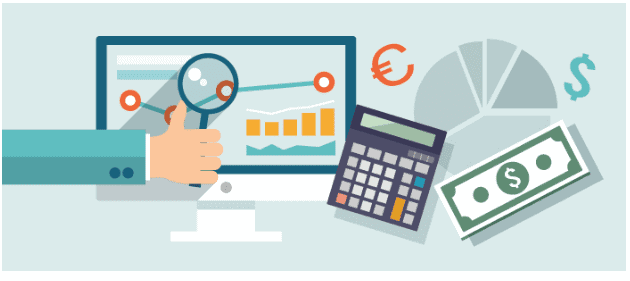As the end of the tax year looms in Nigeria and Ghana, companies should ensure they comply fully with the laws and regulations around collection of pay-as-you-earn (PAYE) tax.
That’s according to Abiola Adegbite, Sales Lead: Midmarket and Enterprise West Africa at Sage, who says the tax landscape in Nigeria and Ghana is evolving at a rapid pace. The respective tax authorities are seeking to plug revenue leakages and to expand their tax base by taking a firm line on non-compliance.
“Governments in both countries are under pressure to increase infrastructure investment and spending on social services – goals they cannot achieve without broadening the tax base and driving compliance. As tax authorities continue to modernise their processes and systems, it will be become increasingly difficult for individuals and companies to escape the tax net,” says Adegbite.
In Nigeria, the government’s Voluntary Assets and Income Declaration Scheme (VAIDS) has been a success, helping lift tax revenue by 42% and grow the country’s tax base from 13 million taxpayers in 2015 to 19.3 million in 2018.
VAIDS offered taxpayers an opportunity to voluntarily declare all previously undisclosed assets and income. The Federal Inland Revenue Service (FIRS) is likely to take a hard line on companies and individuals that have not used this opportunity to regularise their tax affairs, says Adegbite.
Ghana, meanwhile, is seeking to lift its tax-to-GDP ratio and boost collections after missing revenue collection targets by 1.8 billion cedi. This followed a 2.2 billion cedi shortfall in 2017. The country’s tax authority will work with consulting firm McKinsey to boost revenues.
“Against this backdrop, businesses must ensure they declare the correct earnings for all employees and that they include the right statutory deductions in payroll calculations,” says Adegbite “Those that do not submit timely and accurate reports could face large fines and penalty interest.”
Rather than relying on spreadsheets and other manual methods to do their calculations or keep their records and file returns, companies should consider investing in payroll software, he adds. Payroll solutions – available for businesses from start-ups to mid-sized companies and larger enterprises – make it easy to generate reports and calculate relevant taxes.
Software makes it simpler to keep track of changes to tax regulations that impact payroll. For example, the most recent Budget Speech in Ghana proposed to review the tax band introduced in the mid-year review (35% of the amount of 10 000 cedi and above) to impact monthly income above 20 000 cedi at a rate of 30% instead.
“Payroll software reduces the chance of human error, saves you many hours of manual work, and makes it easier to comply with tax laws and regulations,” says Adegbite. “This means you can focus your time on running a better business rather than on compliance and red-tape.”
*For more information about how to remain complaint, visit: http://www.sage.com/en-ng
Related Topics
- Sage One
- Sage 50
- Best Accounting Software
- Sage Business Cloud Accounting
- Sage Pastel
- Best Online Accounting Software
- Peachtree Accounting Software
- Bots in Accounting
- Financing a Side Hustle
- Best Colleges and Universities to Study Accounting in the U.S.
- Attracting and Retaining the Accountants of the Future






